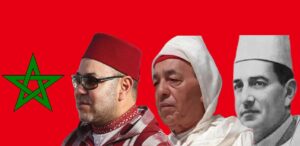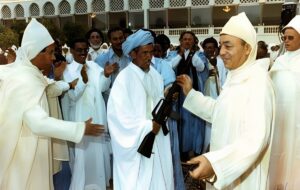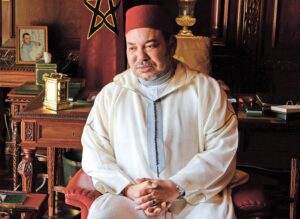On the sidelines of Le Monde articles: “Who’s afraid of the Western press?!”
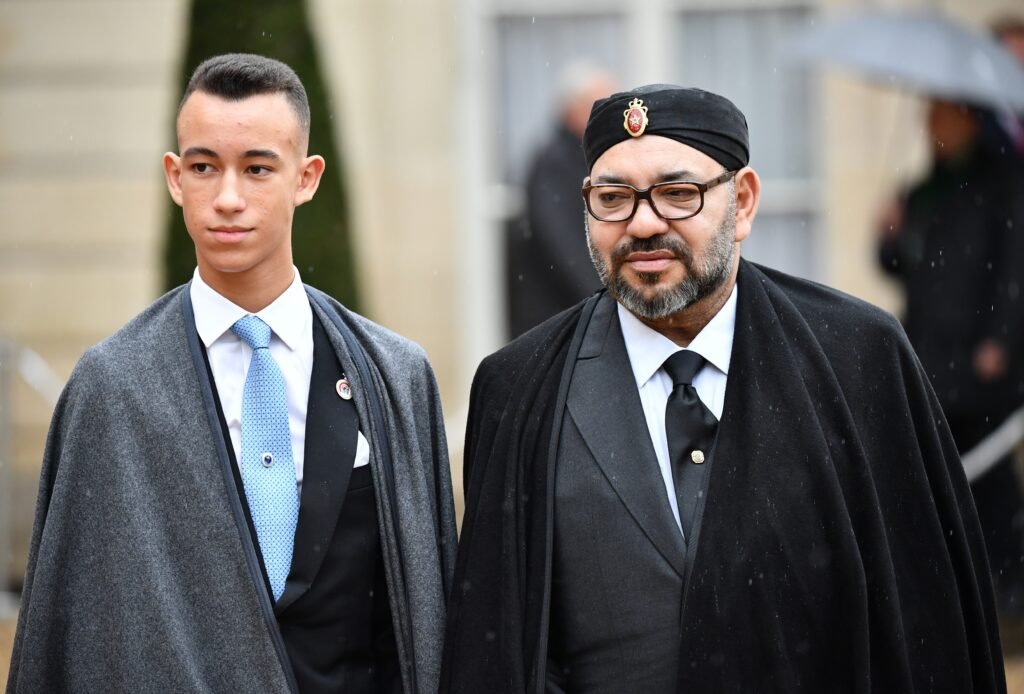
When Edward Albee, one of the greats of American theater, was asked why he chose the title for his most famous play, “Who’s Afraid of Virginia Woolf?” he simply replied, “Well, we could change it to: Who’s Afraid to Live Without Illusion!” This “creative” title beautifully captures the most important message Albee wanted to convey in the play, written in 1962 and adapted by Hollywood into an immortal work of the same name starring the married couple, Elizabeth Taylor and Richard Burton, in 1966.
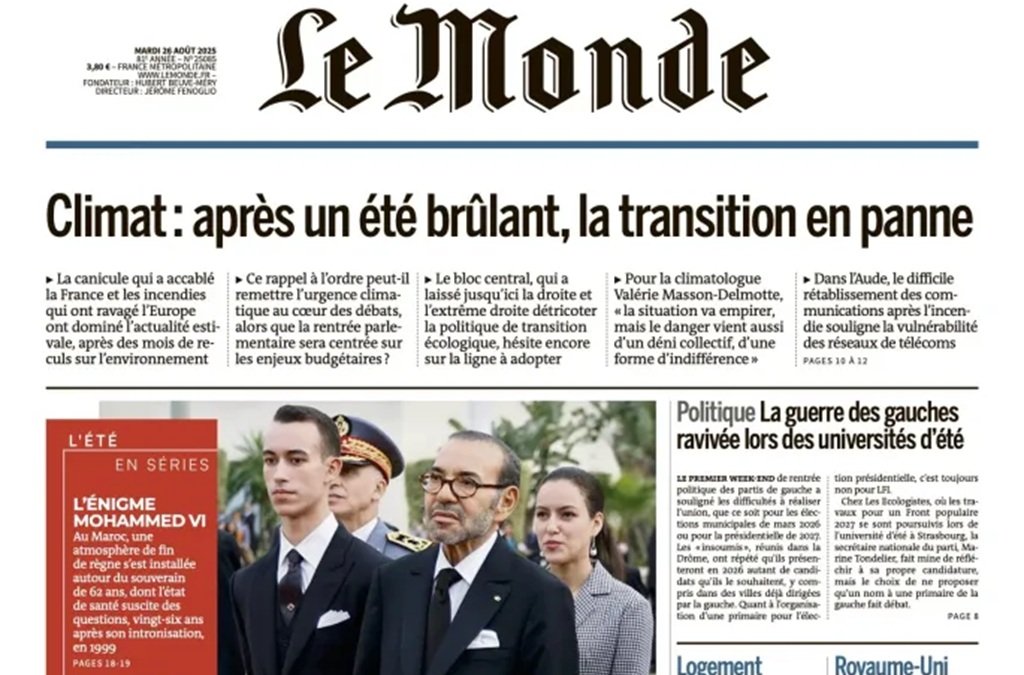
We offer this introduction in the context of a brief commentary on the controversy surrounding a series of articles (6 parts) in the famous French newspaper “Le Monde”, which address what it describes as “the mystery of Mohammed VI”, seeking to create an atmosphere of mystery and excitement typical of such articles, and what it calls “the atmosphere of the end of Mohammed VI’s reign”! Beyond the content of these “impressionistic” articles, upon which journalists Frédéric Bobin and Christophe Ayad built their “shabby” narrative, and the extreme ignorance they demonstrated of the Kingdom of Morocco, its monarchy, and the long-standing traditions that govern the management of affairs in the oldest stable monarchy on the face of the planet, and the second-oldest royal family in the world, a number of basic observations can be recorded, regarding the Western press in general, and the French press in particular, not only in its dealings with what it considers its “former colonies”, but also with all worlds and civilizations outside the Old Continent.
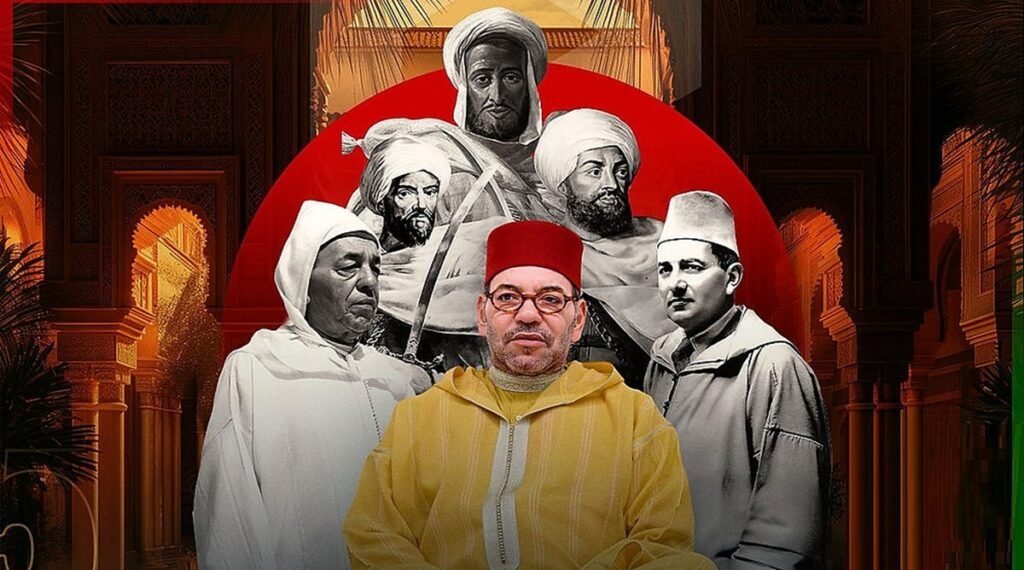
Our first observation concerns the fact that the Moroccan monarchy is so deeply entrenched that it is impossible for the entire Western press, not just Le Monde, to destabilize or disrupt it. Here we ask: How can two "investigative journalists" ignore the fact that the ruling Alawite dynasty in Morocco is nearly 126 years older than the five French republics? The first French republic was established in 1792, while the Alawite state that has ruled Morocco uninterruptedly was founded in 1666! We must also remember that the first French kingdom (the Capetian kingdom) was approximately 200 years older than the first stable kingdom in Morocco (the Idrisids). Can such a deeply entrenched regime harbor any illusions about the ability of one or more articles in Le Monde or elsewhere to disrupt its stable situation?
The second fact, which aims to dispel the most important illusions surrounding the Western press in general, and the French press in particular, is that the "clichés" with which it has surrounded itself for decades, regarding its professionalism, neutrality, independence, and moral authority, have fallen one after another, over the past decades, through "revealing" events, before the recent Gaza war came and stripped them of the last fig leaves covering their shame. While this judgment may seem misleading, the existence of exceptions among newspapers and journalists in this or that Western country is nothing more than exceptions that confirm the rule! Taking the recent Le Monde articles (or what has been published so far) as an example, it can be said that most of what was stated in its two episodes is not based on documents or confirmed facts, as investigative journalism assumes, but rather "superficial" impressions formulated by their authors, which strips them of their professional character. Neutrality and independence are an illusion that has long since ended. Western media have long been used to "terrorize" and "blackmail" weak regimes in the developing world, due to their lack of popular legitimacy and the authoritarian nature of their republican leaders, who outlive monarchies in our region. This does not apply to the Moroccan case, which has witnessed a deep-rooted and popular legitimacy. All the attempts at distortion, and even the direct and indirect colonial wars waged by France through its agents in the region, have failed to sever the bonds of this solid relationship between the throne of the Kingdom of Morocco and its people. As for the "myth" that these newspapers adhere to professional or other ethics, due to the affiliation of some of their writers with the remnants of the populist left, their staunch defense of Zionist crimes in Gaza and their justification of the unjustifiable, at least during most of the events of this war, makes us immune from paying attention to such claims.
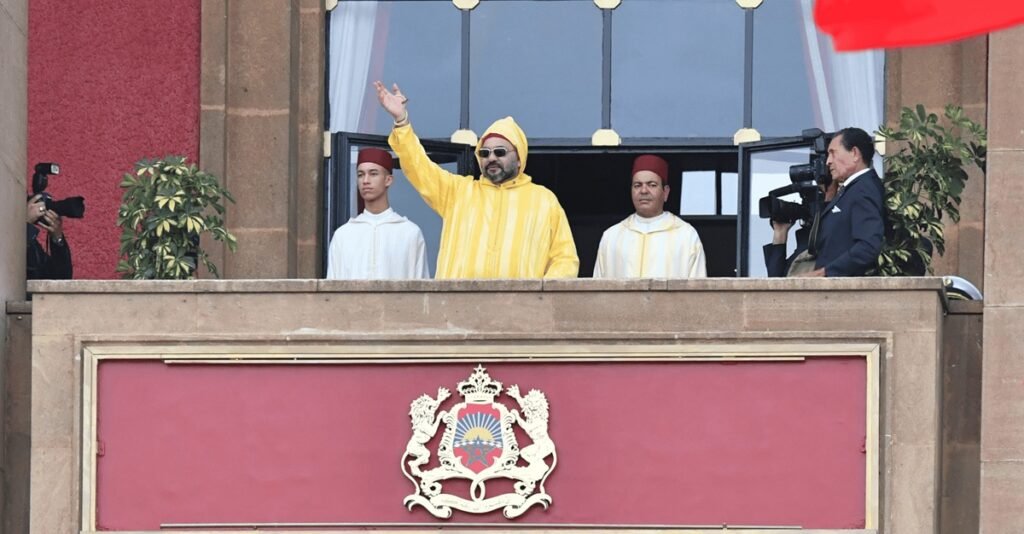
The third truth that exposes the illusions relates to the immunity of the Moroccan monarchy to any blackmail attempt, in a way that distinguishes it from all the regimes in the region, which the French press in particular, and the Western press in general, has become accustomed to terrorizing with articles in Le Monde, the New York Times, the Washington Post, the Financial Times, and other well-known Western newspapers. Recent history attests to King Mohammed VI in particular, whom Le Monde has made the subject of its articles, being too courageous to succumb to blackmail, whether it be about his health or succession matters. The story of the French journalists Eric Laurent and Catherine Graciet ten years ago is not far from memory, and should have inspired Boban and Ayad to consider what happened to their colleagues. Furthermore, the blackmail of the Moroccan security services, by fabricating "stupid" crises such as "Pegasus" and "Qatar Gate," was even more unsuccessful, simply because it ignored the fact that it was "playing" with one of the most powerful security agencies in the world, not just in Africa. To the point that the French authorities even enlisted its services to secure the Paris Olympics!
Our fourth observation regrets the attempt by some established newspapers to sink to the depths of competition with social media and other websites in order to reach the largest number of views and readers. Despite all the observations recorded about many Western newspapers, it cannot be denied that they carry behind them a broad legacy of professionalism, most of which has been eroded by “populism” and attempts to deny the accusation of “anti-Semitism.” Here, we emphasize that relying on the tolerance of Moroccan institutions is not always guaranteed, and that while these institutions have a hand that pats those who have wronged them “out of superiority,” they also have a hand that can deliver slaps, and sometimes even blows, when a journalist or media organization oversteps their bounds through what Moroccans may consider an attack on one of their “holiest” symbols, mentioned in their national anthem and in the official motto of their kingdom: the King!
Finally, and back to the beginning, anyone following the Le Monde articles should not mistake the Moroccan anger over these articles as an expression of fear or a susceptibility to blackmail, as the Moroccans’ motto is: “Who is afraid of “Frédéric Bobin” and “Christophe Ayad”? Because this Moroccan institution is so deeply rooted, and this Moroccan people so loyal, that it guarantees that all external attacks will be defeated, whatever the form they take, and whoever is behind them. Moroccans and their King are the last to “fear living without illusions!” The French press authority and its “minor” writers!


